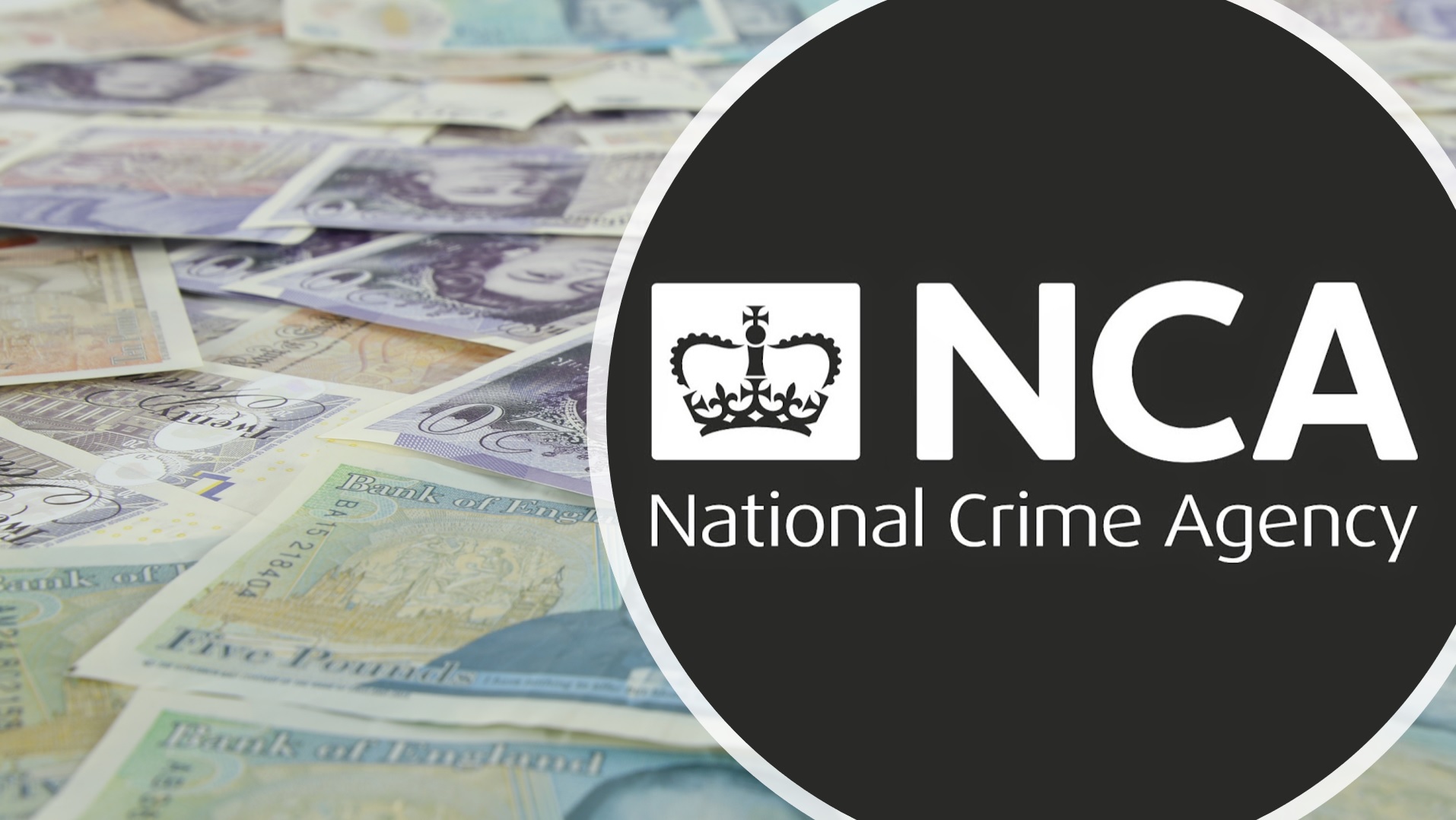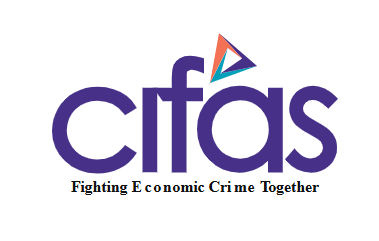By Dan Byrne for AMLi
INCIDENCES of offering of illegal financial services have “surged” in Russia during 2020, according to the country’s central bank.
Overall, the Bank of Russia claims to have identified over 1,500 organisations that are suspected of engaging in illegal activity in the country within the past year.
Among them are 222 pyramid schemes, 395 illegal forex dealers and over 800 illegal lenders. The bank also estimated that almost half of the pyramid schemes, alongside two thirds of illegal forex dealers, operated online.
“Fraudsters actively use new technologies, employ popular themes and brainwashing,” Director of the Department for Countering Misconduct Valeriy Lyakh.
“Financial services consumers must remember not to fall victim to fraudsters and lose their money. You cannot beat a criminal on its ground. If you continue to invest in a dubious project, knowing that it is illegal, then you help promote the pyramid and deceive new customers.”
The move to an online environment is thought to stem from the enormous changes that the pandemic has brought, the bank said. This mirrors trends observed in other large economic blocs where traditional business is going digital to comply with lockdown restrictions.
However, the bank also speculated that the naturally developing remote services industry was another factor, with increasing demand in 2020 fuelling dependence.
Many of the entities suspected of some sort of financial crime are thought to concentrate on illegal lending, the bank said.
Despite that, however, the number of illegal creditors in the country had actually decreased in 2020, as the pandemic forced financial criminals to change tack.
“Most illegal lenders prefer to operate offline,” the bank said in a statement. “Transferring loans from hand to hand either without documents at all, or according to documents drawn up in violation of existing norms.”
The bank warned that more and more consumers are using new technologies to do business, and that financial criminals could well profit from this by investing more in internet operations in future, increasing the risk.
In a summary, the Bank stressed its commitment to “reducing the lifespan of illegal institutions and expelling them from the market as soon as possible,” calling this its principal task.
However, the statement comes as international attention continues to fall on Russia from the west for apparent failures to deal with – or even willingness to take part in – financial crime and corruption.
Various developments are fuelling this attention – most recently perhaps was the controversial arrest and detention of fraud whistle-blower Alexi Navalny which he returned to Russia in January.
Additionally, US President Joe Biden has pledged to retaliate after a suspected Russian hacking of US government agencies in late 2020.
Meanwhile in the UK, the National Economic Crime Centre director-general Graeme Biggar told MPs last month that financial criminals in Russia find it “too easy” to set up shop in Britain, and that up to half of all dirty money flowing from Russia could be laundered through the UK.
Share this on:
Follow us on:











